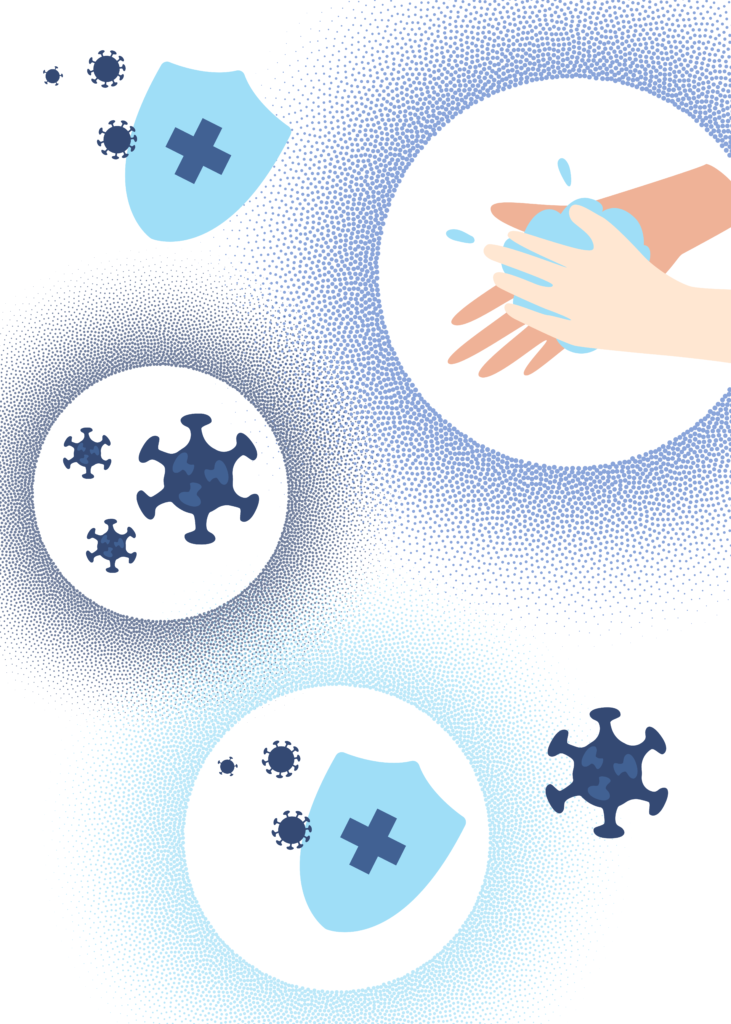
Mental Health plays a crucial role in our day-to-day living as it is an essential component of our overall well-being, encompassing our psychological, emotional and social health. It affects how we feel, think and behave in our lives. Self-awareness is one of the key elements in maintaining and improving our mental health. Self-awareness is the ability to understand our own thoughts, emotions and behavior and hence plays a crucial role in recognizing the state of our mental health by identifying potential issues and taking proactive steps towards possible solutions.
Mental health and self-awareness are interconnected.
Where self-awareness is the foundation of good mental health, it allows us to monitor our emotional responses and understand the underlying cause of our different behavior and feelings. This kind of understanding enables us to make more informed decisions, develop healthier coping mechanisms and seek help when it is required. If there’s a lack in self-awareness, we may ignore or misinterpret our emotions leading to the unresolved issues that could manifest as anxiety, mental health problems or depression. If these warning signs are recognized at an early stage then we can seek help sooner, which can prevent the conditions from worsening. Understanding our emotional triggers and responses could help us manage our emotions more effectively and this could reduce the likelihood of becoming overwhelmed by negative emotions such as anger, sadness or anxiety.
Self-awareness also helps us in improving our relationships with others by understanding our own emotions and how they influence our interactions. Through intentional practice, self- awareness is a skill that can be cultivated over time. Here are some of the strategies that you could apply to enhance self-awareness:
Firstly, therapy or counselling. A mental health professional could really help in improving awareness. A therapist can help us In comprehending our thoughts, emotions, and behavior in a safe and supportive environment, guiding us towards greater self-understanding.
Secondly, seeking feedback from our trusted friends, family members, or colleagues can provide an external perspective on our actions and help us become more aware of our impact on others.
Thirdly, Journaling is an amazing way to write down our thoughts and feelings that can provide valuable insights into our emotional patterns and triggers. Journaling allows us to reflect on our experiences, identify recurring themes, and gain a deeper understanding of ourselves.
Lastly, but most importantly, mindfulness is the key to improve our self-awareness. It involves paying attention to the present movement without judgment and regular mindful practice such as meditation that could increase our awareness of our thoughts, feelings and bodily sensations, etc.
Therefore, we can say that mental health and self-awareness are deeply interconnected and by developing self-awareness, we can better understand our mental health and emotional states, enabling us to take forward looking steps to maintain and improve our mental health. In a world where mental health challenges are increasingly common, fostering self-awareness is a powerful tool for achieving and sustaining emotional and psychological well-being.



